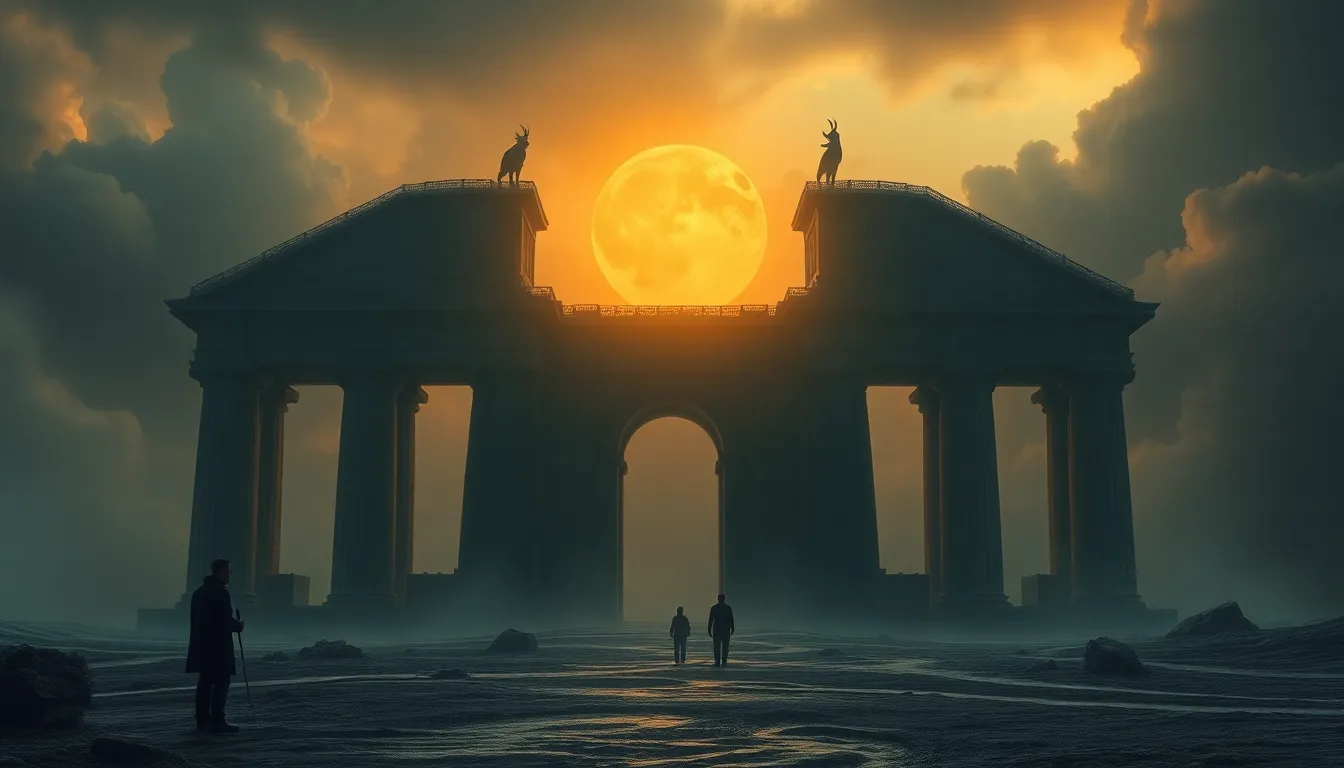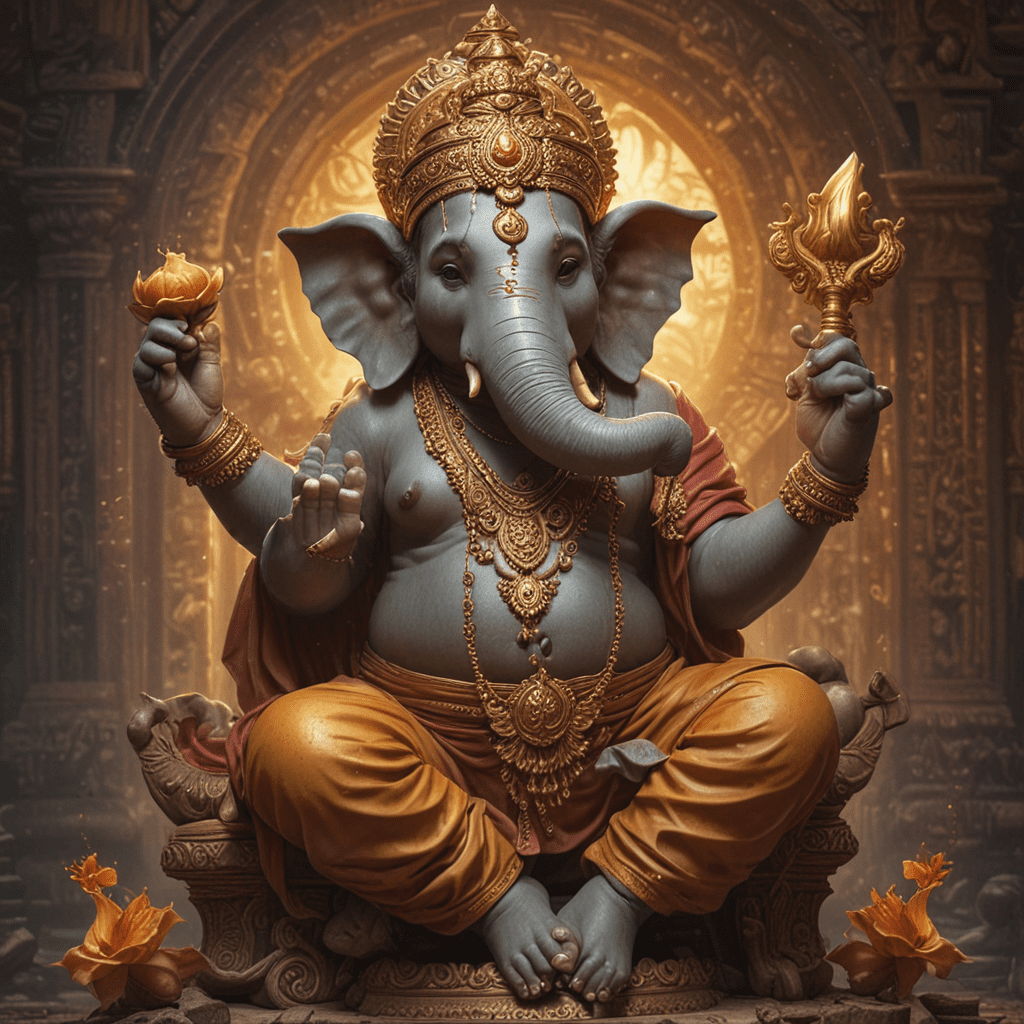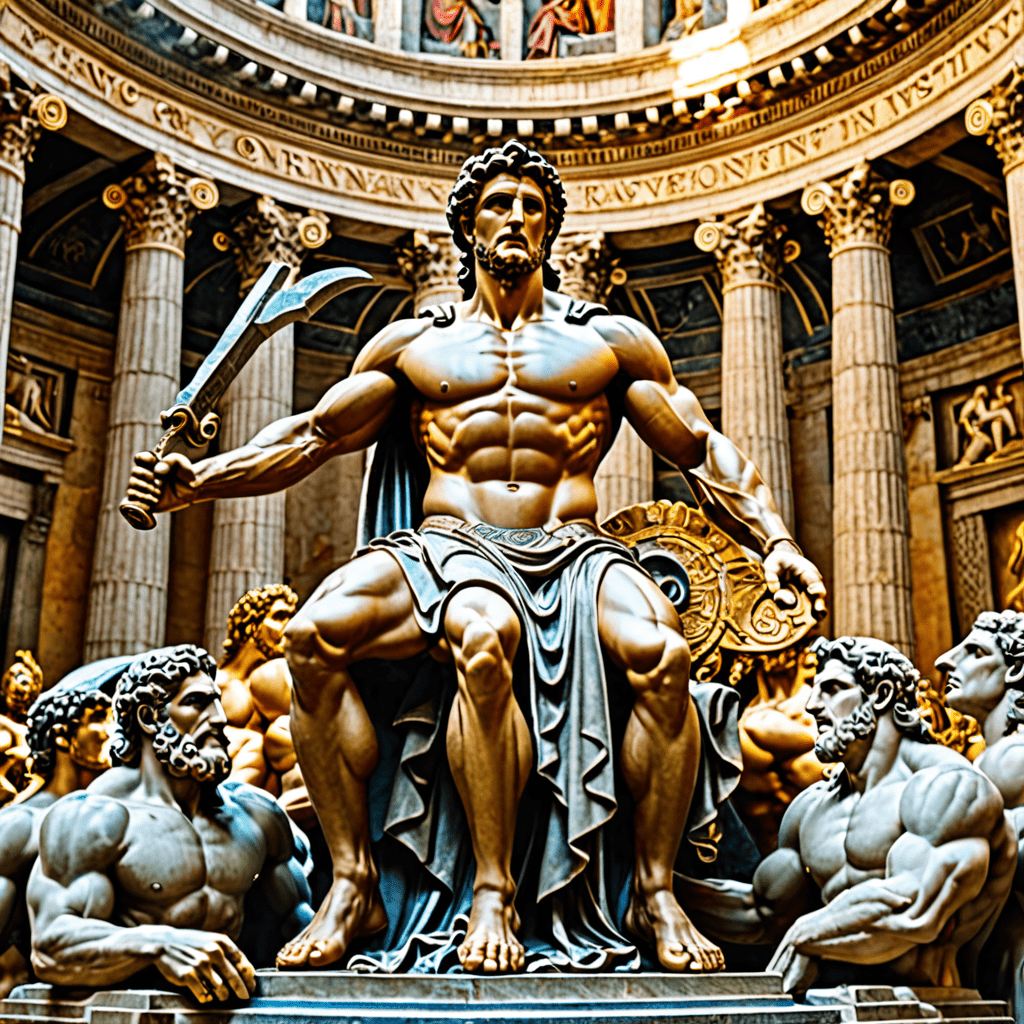The Fall of the Feathered Serpent: Quetzalcoatl’s Exile and Return in Aztec Legend
I. Introduction
Quetzalcoatl, known as the Feathered Serpent, is a prominent figure in Mesoamerican mythology, particularly within the Aztec culture. This deity embodies a unique blend of attributes, representing wisdom, wind, and the planet Venus. The legend of Quetzalcoatl’s fall from grace and subsequent exile serves as a poignant narrative that reflects the complexities of human nature, morality, and redemption. In Aztec society, this myth not only highlighted the importance of Quetzalcoatl as a cultural icon but also shaped their worldview, rituals, and societal norms. This article aims to delve into the intricate layers of Quetzalcoatl’s story, exploring its origins, themes of exile and redemption, and its lasting legacy in both ancient and modern contexts.
II. The Origins of Quetzalcoatl
The historical context of the Feathered Serpent deity is rich and multifaceted. Quetzalcoatl’s roots can be traced back to earlier Mesoamerican cultures such as the Olmec and the Toltec. In the records of the Aztecs, he is often depicted as a creator god, intricately linked to the cosmos and human civilization.
Quetzalcoatl’s attributes and significance vary across different Mesoamerican cultures:
- Wisdom and Knowledge: He is often associated with learning, culture, and the arts.
- Creation: Quetzalcoatl plays a pivotal role in creation myths, where he is credited with the creation of humanity.
- Day and Night: As a representation of the planet Venus, he governs both the morning and evening star.
In creation myths, Quetzalcoatl is depicted as a benevolent figure who brings civilization to the people, teaching them essential skills such as agriculture and writing. His role in society emphasizes the importance of knowledge and the pursuit of enlightenment.
III. The Legend of Quetzalcoatl’s Fall
The narrative of Quetzalcoatl’s fall is marked by betrayal and conflict. The circumstances leading to his exile are fraught with tension, primarily due to his rivalry with Tezcatlipoca, the god of the night and sorcery. Tezcatlipoca’s jealousy and cunning ultimately lead to Quetzalcoatl’s downfall.
Key figures involved in his downfall include:
- Tezcatlipoca: The antagonist who orchestrates Quetzalcoatl’s exile through manipulation and deceit.
- The Priests: Those who abandon Quetzalcoatl’s teachings in favor of more violent and sacrificial practices.
The symbolism of Quetzalcoatl’s fall is profound, representing the struggle between light and darkness, civilization and chaos. His exile serves as a cautionary tale within Aztec society, reflecting the consequences of ambition, betrayal, and the loss of moral integrity.
IV. The Themes of Exile and Redemption
Exile is a recurring theme not only in Mesoamerican mythology but across various global mythologies. Quetzalcoatl’s journey after his fall represents the quest for redemption and the longing to restore one’s honor. His search for self-discovery and reconciliation with his past resonates with many mythological narratives.
During his exile, Quetzalcoatl embarks on a transformative journey, often depicted as traveling to the East, where he gathers wisdom and strength. His story parallels that of other mythological figures facing exile, such as:
- Odin: The Norse god who sacrifices himself for wisdom.
- Prometheus: The Titan who is punished for bringing fire to humanity.
These narratives highlight the universal theme of redemption, emphasizing the potential for growth and transformation through trials and tribulations.
V. The Prophecy of Quetzalcoatl’s Return
The prophecy surrounding Quetzalcoatl’s return is a significant aspect of Aztec culture. It foretold that he would return from the East, bringing with him a new era of prosperity and enlightenment. This prophecy held profound cultural implications, instilling hope and aspiration among the Aztec people.
The cultural implications of the prophecy for the Aztec people included:
- A sense of unity and identity among the Aztec tribes.
- A belief in a cyclical nature of time and history, where the past informs the future.
- The notion of divine favor and the importance of maintaining moral integrity.
Quetzalcoatl’s role in shaping Aztec identity is evident in the way he embodies the values of wisdom, peace, and cultural advancement. His anticipated return inspired a sense of hope and purpose, reinforcing the community’s commitment to their cultural heritage.
VI. Quetzalcoatl in Aztec Religion and Rituals
Worship practices associated with Quetzalcoatl were diverse and vibrant. He was celebrated as a god of wind, rain, and fertility, and his influence permeated various aspects of Aztec life.
Festivals and ceremonies honoring the Feathered Serpent included:
- Feathered Serpent Festival: A major celebration that involved music, dance, and offerings to honor Quetzalcoatl.
- Rituals for Agriculture: Ceremonies aimed at ensuring bountiful harvests, invoking Quetzalcoatl’s blessings.
Quetzalcoatl’s influence extended to art, architecture, and literature, with numerous depictions of the deity found in temples, codices, and sculptures, showcasing his importance in Aztec culture.
VII. Legacy and Interpretations of Quetzalcoatl’s Story
The enduring legacy of Quetzalcoatl in modern culture is evident in various artistic and literary interpretations. His story continues to resonate, inspiring works that explore themes of duality, sacrifice, and the quest for knowledge.
Contemporary scholarship has offered diverse interpretations of the myth, analyzing its significance in discussions of cultural identity and heritage. Quetzalcoatl’s narrative serves as a lens through which to explore broader themes of humanity, morality, and the complex relationship between civilization and nature.
VIII. Conclusion
Quetzalcoatl’s significance in Aztec legend is profound, encapsulating themes of fall, exile, and redemption that resonate across cultures and eras. The story of the Feathered Serpent not only reflects the moral complexities of human nature but also serves as a powerful reminder of the enduring quest for knowledge and enlightenment.
In reflecting on Quetzalcoatl’s journey, we gain insight into the values of Mesoamerican mythology and the rich tapestry of narratives that shape our understanding of identity and heritage. The impact of Quetzalcoatl’s story continues to be felt, inviting us to explore the depths of human experience and the timeless pursuit of wisdom.




